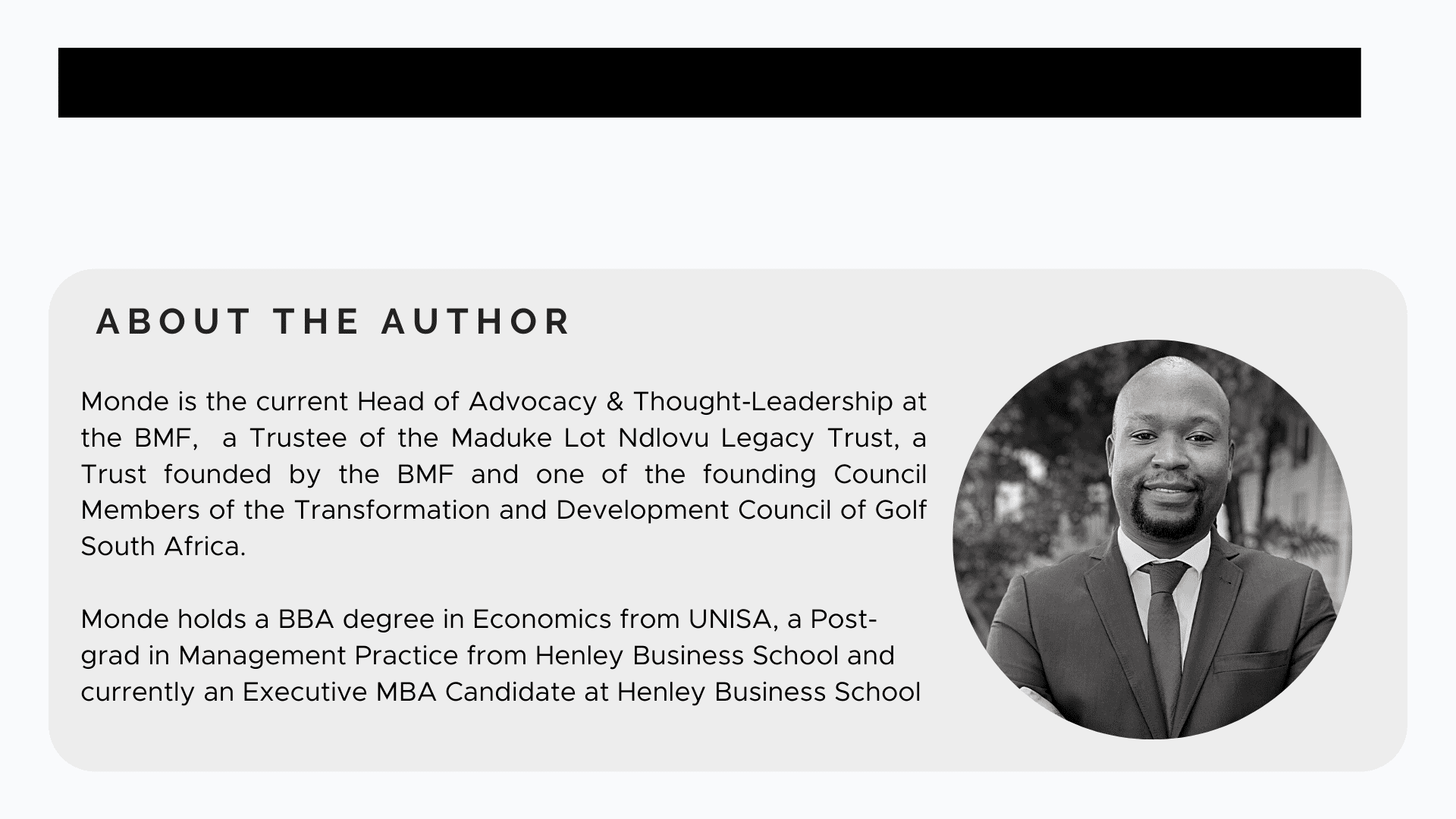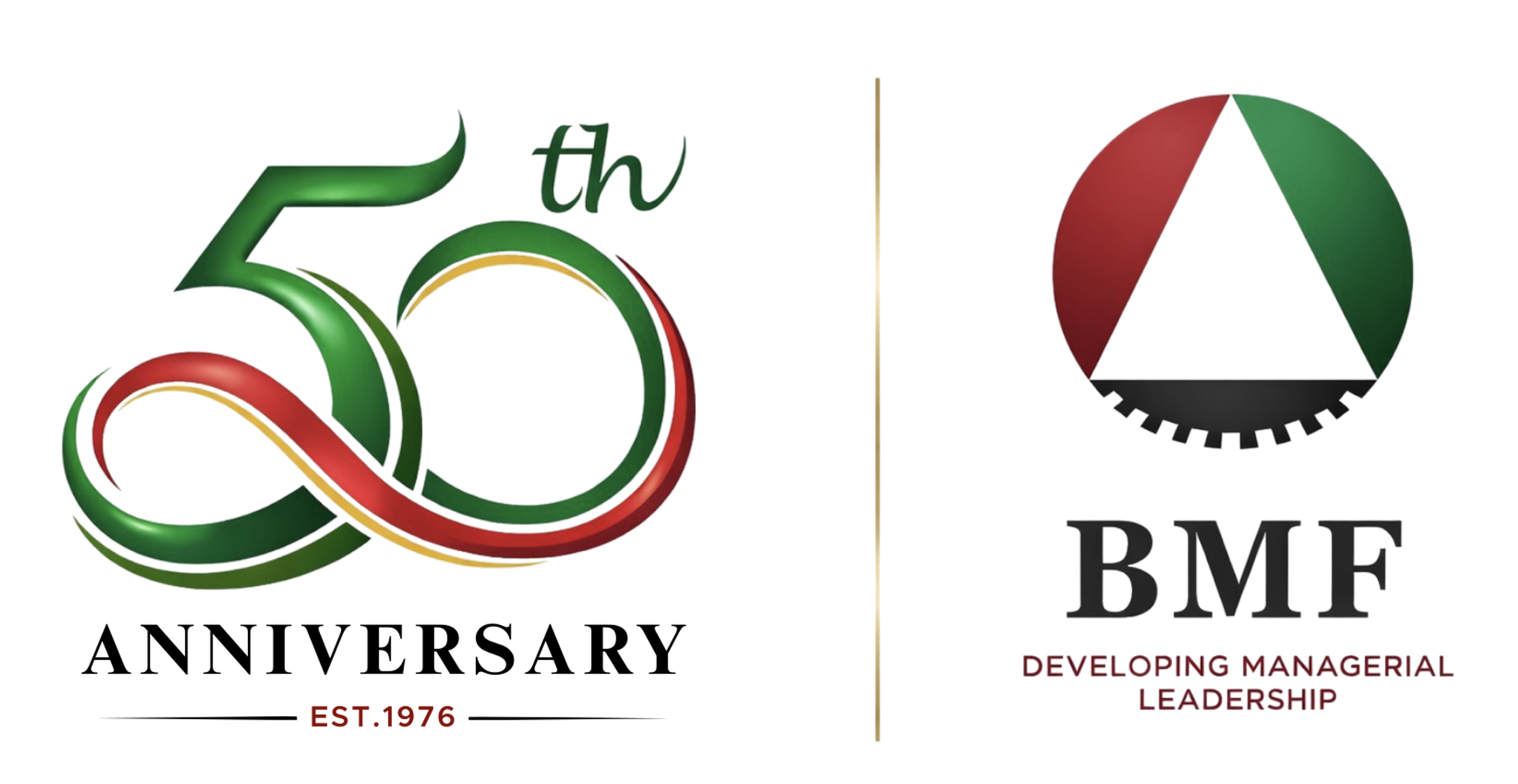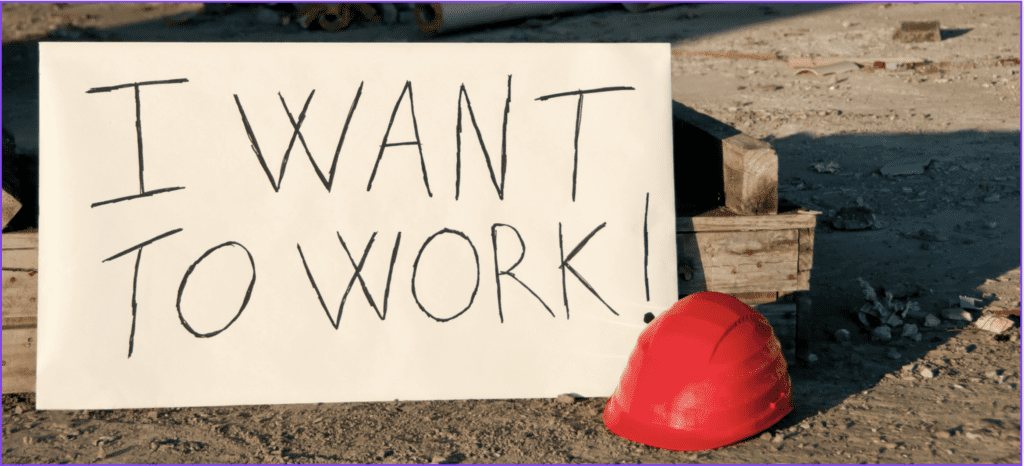Reimagining The Future

South Africa today finds itself at a crossroad where the prospects of the country remain dim in light of the growing triple challenges of poverty, unemployment and inequality. The transformation agenda has not taken priority and continues to suffer at the hands of unclear leadership coupled with ineffective outcomes. In the words of Thomas Sankara, “You cannot carry out fundamental change, without a certain amount of madness. In this case, it comes from nonconformity, the courage to turn your back on the old formulas, the courage to invent the future.”
Thomas Sankara’s words come at a time where a level of madness is required to break old order thinking and move boldly into the future with renewed vigor, underpinned by courage. The current socio-economic environment is replete with possibility of growth and transformation, if only there was decisive leadership across the leadership landscape in the country.
There is an interplay between poverty, unemployment, and inequality. These triple challenges feed off each other and deepen our societal crisis. The recently released quarterly labour force survey exposes the upward trend of unemployment in the country, and thus impacting the poverty levels. The quarter three unemployment rate rose to 34.9%, up from 34.4% in the previous quarter.
This is the highest jobless rate since the quarterly labour numbers began in 2008. The expanded unemployment rate is now 46.6%, which includes discouraged job seekers in the labour market. The total economically active population is 39.7 million, with a labour force of 21.9 million. Only 14.3 million are employed and 7.6 million are unemployed yet seeking for employment. The labour force participation rate is 55.2%, meaning that out of 39.7 million economically active civilians almost half are not participating in any economic activity in the country. In the Netherlands their participation rate is 71.9%, with an unemployment rate of 2.9%. 46% of South Africans are on some form of social grant in the country. Therefore, these numbers should deeply concern us and cause all leaders to rethink the future of this country if we are to be a world class economy and compete with developed countries.
The unemployment crisis ought to make us reflect more deeply about the structure of the economy, which is able to produce all triple challenges and GDP growth at the same time. According to Stats SA, Finance is the biggest industry, followed by Personal Services and Trade. Government only contributes 9% towards GDP, and Agriculture only 2%, just to name a few industries. All industries create few major players which control and influence both the supply and demand side of the industry. This is the foundation of the economic system in the country, which historically kept black labour at bay, without upskilling most of the population in line with the economic needs of the country. The demand for skills should follow the economic drivers of the country, in tandem with a national skills audit which should include the capabilities of the country.
The country needs to think more deeply about the current skills base and how these skills should follow the key economic drivers. This is currently not done effectively, and we do not have sufficient skills in the right areas in the country, instead we have a skills mismatch coupled with structural barriers even for skilled labours.
The B-BBEE element on skills development should include specific skills companies should invest in, that speak to the broader objective of key economic drivers. The public sector should fully embrace the approach of how their policies, regulations and legislation should include how they plan on dealing with the triple challenges of the country. The private sector should embrace the same approach when taking decisions about all the B-BBEE elements, with specific resources channelled towards skills development in critical areas. Also, the private sector should establish businesses through enterprise and supply development that flow from the skills they invest in and ensuring that those businesses have access to their procurement spend and business networks. Currently, the private sector is jealously hoarding their supply chains and not opening them up to newly established businesses, and this is the other historical economic challenge.
Therefore, reimaging the future of the economy will need bold and decisive leadership across the leadership tapestry of the country. This will need political will to break the oligopolies in the system through legislation. It will take government to spend more in the economy to create more job opportunities and expand existing programmes, such as the public works programme. The local government sphere can partner with the private sector to employ young people who can bring their skills to develop local municipalities and deliver better services for the people. There is no silver bullet, but a combination of decisive leadership fully utilising levers to chart a new direction where the capabilities of the country are clearly articulated, informed by key economic drivers.







Responses